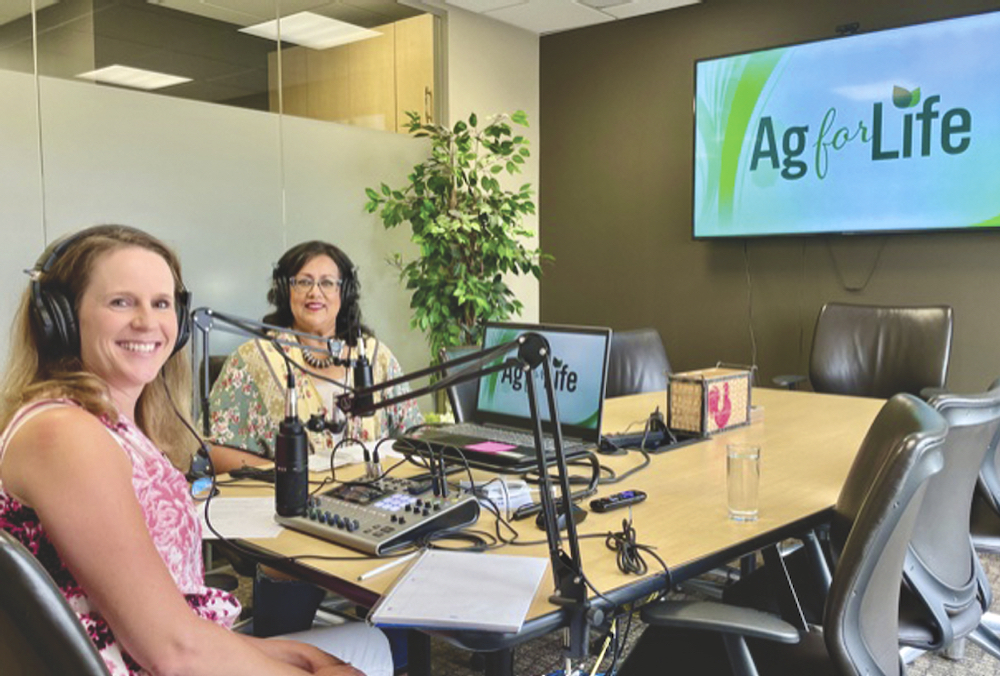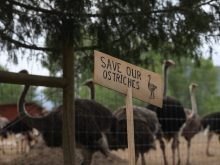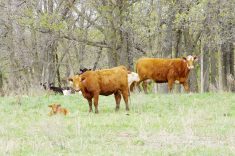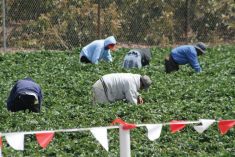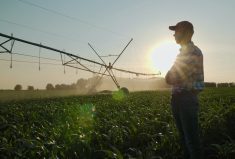The amount of information and education available to farmers is not unlike Alberta landscapes — mountains of video, valleys of print and plains of online content that stretch to the horizon.
It can be overwhelming but podcasts provide a convenient window into local and global issues that matter to prairie farmers.
Cows on the Planet is a podcast that aims to offer “science-based information on beef, cattle, and their environmental impact.”
Read Also
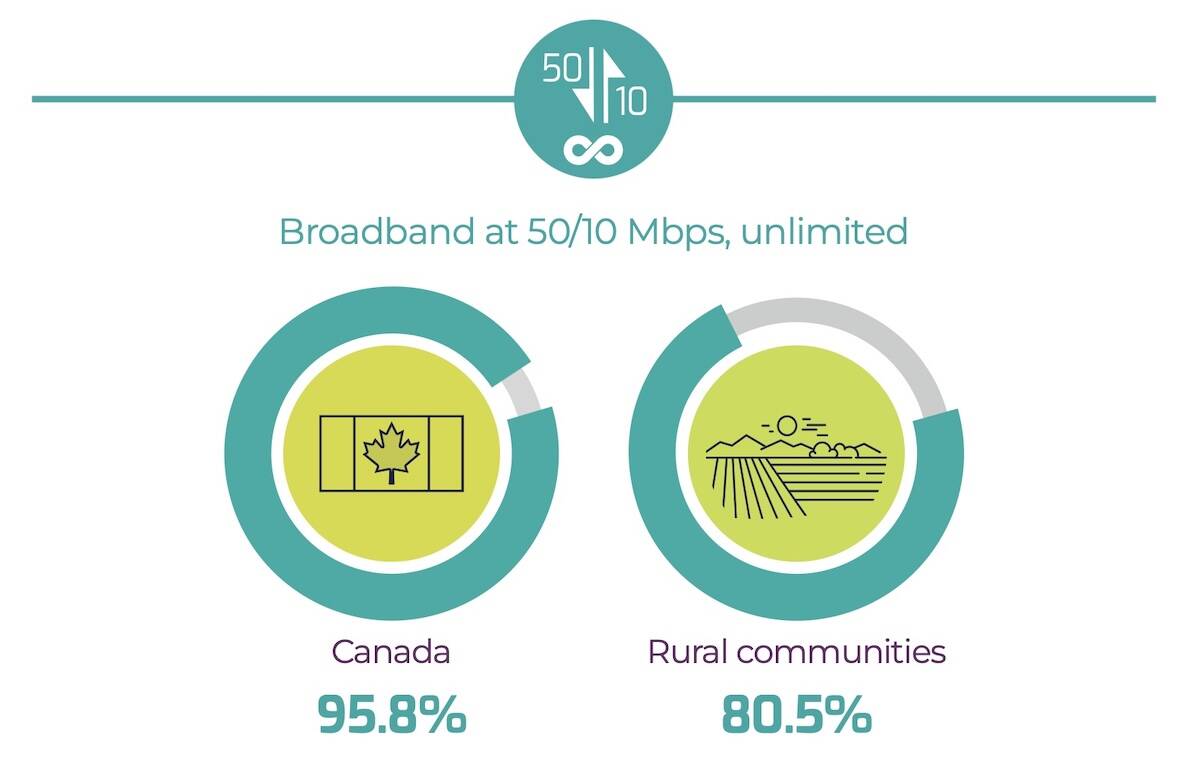
Rural Alberta gets further boost to internet connectivity
The province and feds join forces to help remote/rural Albertans get connected to reliable high-speed internet through its Broadband Strategy.
“These folks are some of the top people in the world that we are interviewing in these podcasts,” said podcast co-creator Tim McAllister, one of the country’s best-known cattle researchers.

“It’s really to give producers a broader perspective, so that when conversations come up, they have a position — knowing the issues are not that simple.”
The podcast is also aimed at consumers and offers a counterweight to simplistic “beef is bad” messages. Many don’t realize that 80 per cent of a cow’s feed is forage and that grazing can play a critical role in an ecosystem, said McAllister, who hosts the podcast with Kim Stanford, a cattle research scientist at the University of Lethbridge.
“This represents some of our most threatened ecosystems like the shortgrass and tallgrass prairies, right? Most people don’t realize those are more threatened than the Amazon.”
When speaking about climate change, the challenge is differentiating between long-term climate change and weather, which are two different things, said McAllister.
There used to be many scientists who didn’t accept the idea of human-induced climate change, but now there are few, he said. However, “a balanced perspective” is still needed.
“Mitigation is good because that can also save producers money, but it needs to be done in the context of their production practices and with an appreciation for the other challenges they are facing in producing food,” he said. “You can’t just make all the decisions based on the fact they are beneficial for climate change.”
Another podcast with broad appeal to Alberta farmers is Agriculture for Life, which takes listeners beyond grocery stores to discover the story of agriculture and food. The podcast has covered topics as diverse as agriculture careers, food and nutrition, safety, technology and climate change.
“We are an organization that delivers agriculture education in classrooms as well as communities,” said Luree Williamson, Ag for Life CEO.
“We have a lot of connection to farm families. Our podcasts really share the story and celebrate agriculture. So it’s quite diverse in that we like to promote farm families, technology and innovation.”
The number of Agriculture for Life listeners is growing, but Williamson said the podcast remains an extension of education programming for the next generation of farmers and agriculture enthusiasts. The organization has a full suite of programming in the K through 12 school system that targets teachers and students, and provides programming at almost no cost through corporate sponsorship.
“There are a lot of teachers that are unfamiliar with agriculture, so they will engage with Agriculture for Life and our programs and resources. They learn where their food comes from and in turn can bring it into the classroom.”
Williamson said she tries to take complex topics, such as sustainability and climate change, and make them understandable for everyone. For example, although carbon capture is a commonly used term, many people aren’t sure what it involves.
“A lot of what’s happening in the media is really where we try to focus our conversations to demystify and maybe simplify some of the conversation,” said Williamson. “The connections with food, the price of food, and waste are always an interesting conversation. People are very interested in that and how they can play a role in mitigating.”
Coffee Cows and Crops, a podcast by the Peace Country Beef and Forage Association, discusses better ways to produce food and manage farms and ranches. The podcast was started in November 2020 because the pandemic prevented the organization from holding in-person events but it wanted to continue sharing research results with farmers.
“It’s been a learning curve,” said Johanna Murray, podcast creator and extension program coordinator for the association. “I’m scared to go back and listen to those first few episodes, but it’s been really good and well received.”
Because the podcast is funded through the organization, as opposed to grants, it’s agile enough to examine issues that matter to Peace Country farmers, she said. Many conversations are production-based because of the region’s unique geography.
“There’s lots of really great research that goes on here,” said Murray. “We deal with a lot of boreal forest, so there’s lots of woody vegetation and often heavy clay soils. We are kind of different that way.”
Before 2020, there weren’t many agriculture podcasts in Canada, said Murray, but numbers are growing.
“We don’t have a ton of listeners because we haven’t done a lot of really aggressive advertising. We mention the podcast on our webinars, and we post to Facebook every time we complete an episode. We are up to 5,000 downloads now.”
Murray wants farmers to know Alberta is full of agriculture expertise but it’s difficult to get research and innovation results to a wider audience.
“These podcasts are really highlighting that,” she said.
Other podcasts include The Bovine (hosted by Debra Murphy of Alberta Beef Producers), Between The Rows (weekly podcast featuring the Glacier FarmMedia editorial team bringing the stories behind the stories), County Voice — The Alberta Ag Podcast, (offers a regional look at agriculture events, practices and issues), and the Genomics Podcast, (focuses on science.)
A few others: Simply Verified Beef (hosted by two provincial VBP+ coordinators), The Diversity Imperative (hosted by Alberta grain farmer Hannah Konschuh and Erin Gowriluk of Grain Growers of Canada) , the Grains West podcast (from the magazine of the same name), The Growing Point (by Alberta Wheat and Alberta Barley), and the AFSC Podcast (by Agriculture Financial Services Corporation).
Many of these and other podcasts can be found online at the Rural Roots Canada “podcast farm”.

